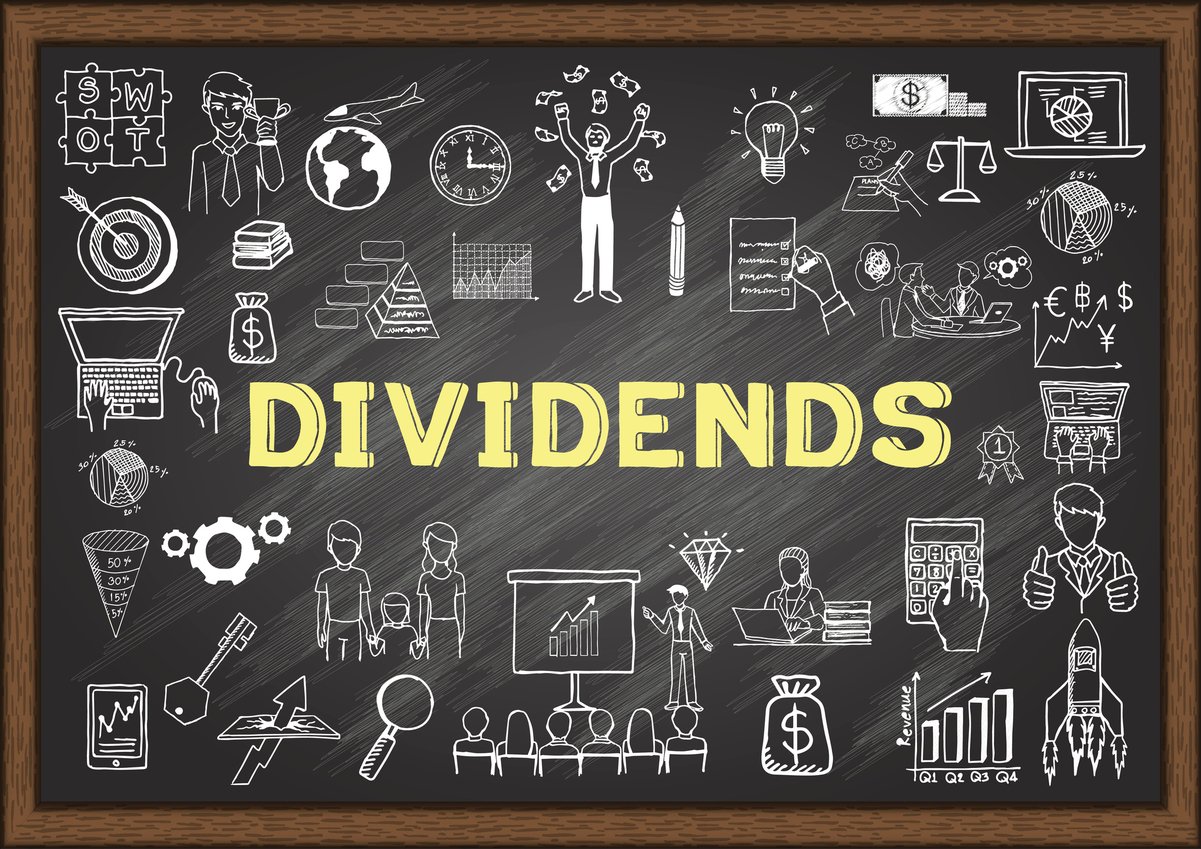Chemicals can sometimes seem like a risky business. Markets that were hot one day can cool off the next, and suddenly a manufacturer of, say, nitrogen, can't sell its product, and its stock price sinks like a stone.
But for value investors who want to buy high-quality, high-yielding businesses, there are some attractive options in the chemical space. Diversity and size both matter here, which is why BASF (BASFY +1.55%), DowDuPont (DWDP +1.16%), and LyondellBasell (LYB +2.38%) are all looking like great dividend plays.

The chemical industry has many companies worth considering for dividend investors. Image source: Getty Images.
There's big, and then there's BASF
The largest publicly-traded chemical company in the world by revenue is one you may have never heard of. German behemoth BASF's annual revenue of $63.7 billion dwarfs its competition -- and it isn't even close. The nearest US company, DowDuPont, only sees annual revenue of $48.2 billion. Other companies like 3M (MMM +0.18%) are even further behind.
BASF makes its money from a dizzying array of businesses. The company manufactures chemicals used in agriculture, electronics, nutrition, pharmaceuticals, and even footwear. All that diversity in its product lines makes it a very stable business (since weakness in one sector can be offset by strength elsewhere) but also a confusing one to evaluate.
Because it's a German company that isn't listed on an American exchange, BASF doesn't report its earnings in the same way as an American company. And while it does break out its earnings by division, the divisions' names aren't particularly helpful. For example, can you guess what's in the "performance products" division, as opposed to the "functional materials and solutions" division?
If you don't have a degree in chemistry, it's best to stick to the basics. BASF's revenue dropped 18.3% in 2016, largely due to a big asset swap with Russian gas giant Gazprom and other divestitures. The company's earnings, on the other hand, dipped only 1.2%, and it still pays a mouth-watering 3.2% dividend yield. Bottom line: If stability is what you're after -- and if you don't mind buying a non-exchange-listed stock -- BASF would likely make a good addition to your portfolio.
A merger of giants
At the end of August, the two largest U.S.-based chemical firms by revenue, Dow Chemical and E.I. DuPont de Nemours -- known to most as simply "DuPont" -- merged their operations to form a massive conglomerate unimaginatively called "DowDuPont." The combined company isn't planning to be around for long, though. Instead, it will split itself into three separate companies that will each focus on one or two sectors. No word yet on whether those companies will be called Dow, Du, and Pont.
The expected time frame for the separation is about two years from now, but of course that could change. Merging these two giant businesses has been a massive undertaking, spanning almost two years from the time of the first announcement in December 2015, and separating them out again is likely to be equally as daunting.
In the meantime, shareholders can take comfort in the combined company's current 3.3% dividend yield, which beats even BASF's.
The (comparatively) little guy
In contrast to BASF, DowDuPont, and even 3M, LyondellBasell is small, with a $38 billion market cap (compared to $85.7 billion for DowDuPont, $96.8 billion for BASF, and a massive $125.3 billion for 3M). That market cap, though, is still large enough to make it one of the world's biggest chemical companies.
While you may have heard of some of DowDuPont's products, like Corian countertops and Tyvek construction wrapping, LyondellBasell doesn't have any such famous brand names. Instead, it sells basic industrial chemicals you may have heard of, like denatured alcohol, hydrogen peroxide, ethanol, and methanol. The company also refines fuel and manufactures some plastics.
It also sports a best-in-class dividend of about 3.6%, a yield that has seen lumpy but consistent growth since the company began paying a dividend in 2012. That dividend doesn't have as much of a pedigree as BASF's or 3M's. Indeed, the company was only formed in 2007 (and its U.S. operations filed for bankruptcy during the Great Recession, emerging again in 2010).
However, since the Great Recession, the company's earnings have been stable, and its dividend has increased each year. That earns it a spot as a top chemical dividend stock.
Investor takeaway
While the dividend yields of BASF, DowDuPont, and LyondellBasell aren't going to rival those of some other sectors, like utilities, their current yields of above 3% are juicy enough for value investors to consider as part of a balanced portfolio. Chemicals may not be the most exciting sector in the market, but for dividend investors, that too is a plus.








